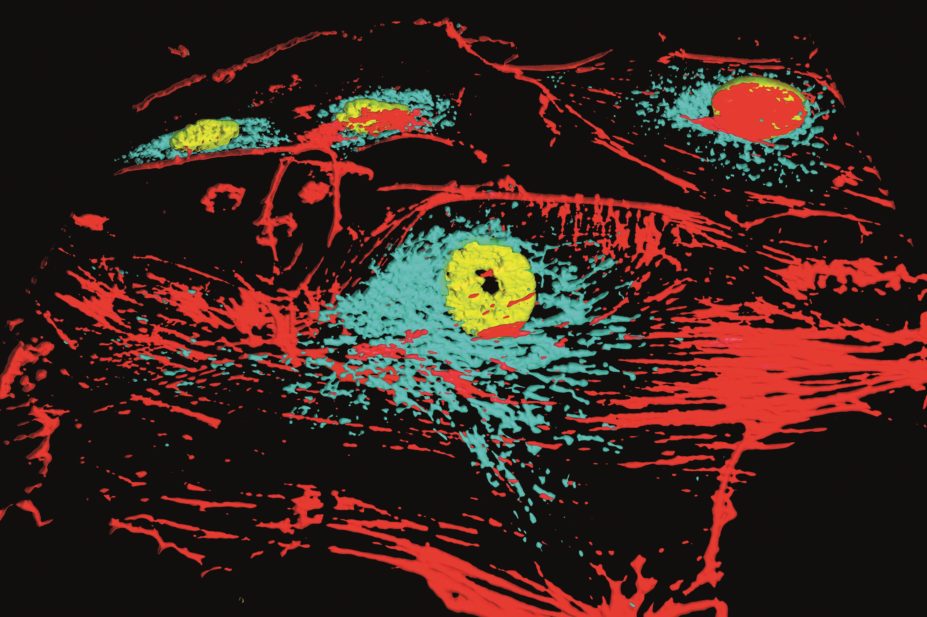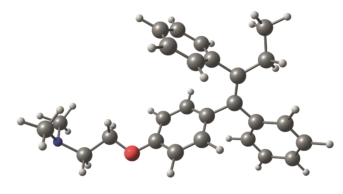
Shutterstock.com
Epidemiological studies have linked the use of proton pump inhibitors (PPIs) with cardiac and renal disease, and dementia. But regulators have not restricted the use of the over-the-counter drugs because of a lack of evidence of causality and knowledge about the mechanism behind this association.
To explore this, a team of US researchers cultured human microvascular endothelial cells in esomeprazole and studied the behaviour of the cells.
They found that long-term exposure impaired lysosomal function, resulting in a build-up of protein aggregates. It also led to the upregulation of genes involved in cell senescence and telomere reduction, a marker of ageing.
Given the widespread use of PPIs and the growing body of evidence suggesting harmful effects, it is time for the pharmaceutical industry to readdress the safety of these agents, the researchers conclude in Circulation Research (online, 10 May 2016)[1]
.
References
[1] Yepuri G, Sukhovershin R, Nazari-Shafti TZ et al. Proton pump inhibitors accelerate endothelial senescence. Circulation Research 2016. doi: 10.1161/CIRCRESAHA.116.308807


